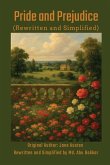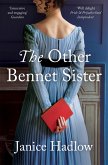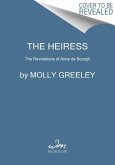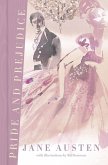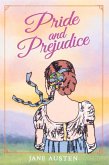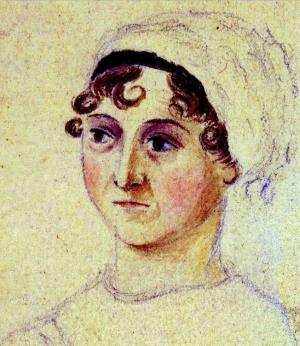Just as Jane Austen herself has been misinterpreted, so have her novels. The perception that Austen's stories are little more than simple romantic vignettes of English country life and social custom has generally been an accepted reading. This interpretation of her work is based more on our nostalgic re-construction of the Regency period, influenced in part by Hollywood's understanding of Austen's novels, as well as a failure to read beneath the author's satiric humour. While her novels do end with the heroine's wedding, Austen is just as, if not more, interested in all the other women who populate her stories. These are the women who are not necessarily provided with the happy ending, either through their own fault or because of forces outside of their limited control. The tongue-in-cheek irony behind Austen's comment that Pride and Prejudice is "too light, bright, & sparkling" is often overlooked. In fact, Pride and Prejudice is a protofeminist critique of contemporary education and marriage that aligns her less with sentimental novelists like Fanny Burney and Maria Edgeworth and more with feminist thinkers like Mary Wollstonecraft. Austen's humour is deceptive; beneath the surface lays a deep dissatisfaction with the type of life the term "gentility" forces on women.
Bitte wählen Sie Ihr Anliegen aus.
Rechnungen
Retourenschein anfordern
Bestellstatus
Storno


